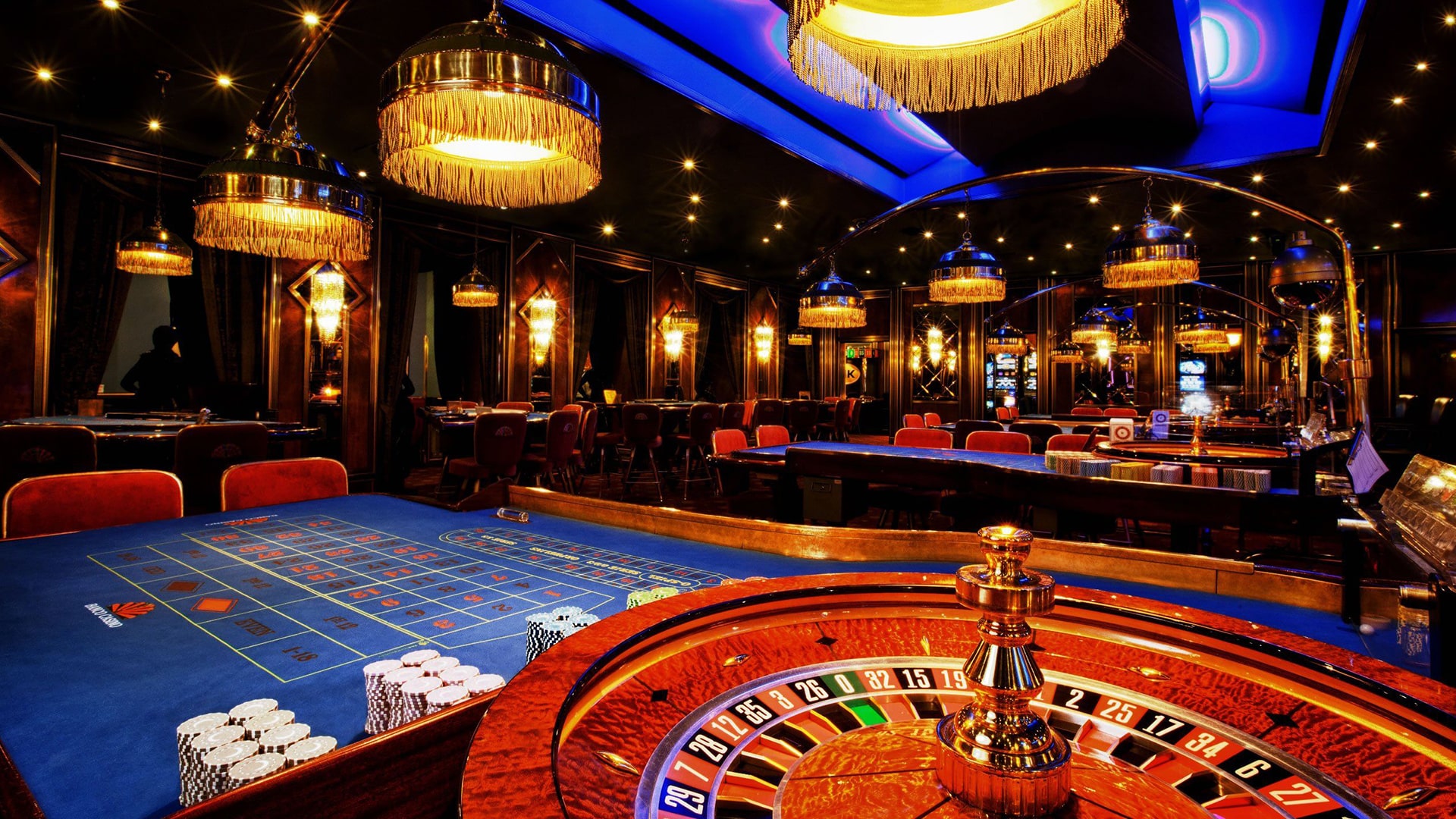The Development of Casino Gaming Games Over the Years

Casino experiences have captivated players throughout history, transforming from basic recreational activities to sophisticated forms of entertainment that blend fortune, tactics, and amusement. From the early beginnings of gambling in societies including the ancient societies of Mesopotamia and Rome to the glitzy corridors of contemporary casinos, the journey of these games reveals much about the human experience and our interaction with chance. As cultures have merged and technology has advanced, casino games have evolved, reflecting the changes in society and developments in gameplay.
The initial iterations of gambling likely featured basic games involving dice and wagering on the results of sporting events. Over time, these primitive activities grew into better-organized games like playing card games, the game of roulette, and the myriad slot games that populate the floors of casinos today. Every generation brought its own set of rules, aesthetics, and sociocultural significance. In the current era, casino games persist in evolving with the rise of digital gaming platforms, enabling players from various parts of the world to engage in a common experience, further merging the traditional with the modern era.
Ancient Beginnings of Gaming Activities
Casino games have roots that extend back to ancient societies, where gambling was strongly integrated in cultural practices and cultural customs. The first known forms of gambling appeared in ancient Mesopotamia around 3000 BC, featuring basic die games made from bone bones. These early games laid the foundation for more complex gambling games, reflecting human beings’ instinctive desire to seek fortune and entertainment through chance.
As societies progressed, so did their betting interests. In ancient China, around 2300 BC, tiles were unearthed that looked like primitive basic versions of a lottery activity. More organized instances of gambling arose in the ancient Roman civilization, where games of luck were a frequent pastime, often occurring in community gatherings. The Romans developed multiple betting activities, which included dice and table activities, illustrating the widespread nature of gambling across different social strata.
With the movement of years, these primitive activities contributed to the evolution of contemporary casino activities. In the Middle Ages, card games became prevalent in Europe, paving the way for the professional gambling establishments we know today. The transition from informal betting to organized gambling in taverns and personal homes marked a significant change in how people engaged with games of luck, leading to the subsequent creation of casinos as dedicated places for betting.
The Rise of Modern Gambling Industry
The late 20th century marked a significant transition in the realm of casino games, fueled by tech innovations and transformations in cultural attitudes towards gambling. The emergence of computers and the internet transformed the way players engaged with their favorite games. Virtual casinos emerged, allowing players to enjoy timeless casino classics like poker and blackjack from the comfort of their houses. BJ88 This emerging online environment not only broadened access to casino games but also attracted a fresh demographic who found the convenience and variety attractive.
As digital gaming gained traction, so did innovations in gaming technology. The development of sophisticated software and graphics converted classic gambling games into engaging adventures. Players could now connect with authentic live dealers through live feeds, bringing the feel of brick-and-mortar casinos directly into their living rooms. Tải app BJ88 This fusion of live gaming with online platforms created a new hybrid model that boosted the community element of playing, making it possible for people to engage and challenge with others around the planet.
Moreover, the emergence of mobile gaming significantly changed the gambling environment. With the ubiquitous use of mobile phones and tablets, gamblers can access their beloved casino games everywhere, anytime. Mobile apps offer a vast array of options tailored for touchscreens, catering to the dynamic daily life of modern users. This accessibility has led to increased engagement in gambling, fostering the rapid expansion of the gambling sector. As a result, the outlook of casino gaming continues to evolve, adjusting to technological advancements and changing consumer preferences.
How Technology Influences Casino Games
Technology’s advancement has greatly changed casino games, improving the overall gaming experience for players around the world. As the internet emerged, online casinos emerged, allowing players to enjoy their favorite games from the safety of their own homes. This shift not only made casino games more accessible but also increased the variety of games available, as online platforms could offer many different versions of traditional games without the limitations of physical casinos.
Mobile technology further transformed the casino gaming landscape. As smartphones and tablets became widespread, players can to play casino games whenever and wherever they want. This mobility has led to the development of dedicated mobile applications and optimized websites that provide seamless gaming experiences. Additionally, innovations such as live dealer games have delivered the authentic atmosphere of a casino into players’ homes, bridging the gap between physical and online gaming.
Furthermore, advancements in AI and virtual reality are paving the way for the next generation of casino games. AI improves game design and player interaction, creating customized experiences based on user behavior and preferences. Meanwhile, virtual reality offers immersive environments where players can interact in a simulated casino setting, making the gaming experience more engaging and realistic. As technology continues to evolve, the future of casino games looks promising, filled with limitless opportunities for innovation and entertainment.

